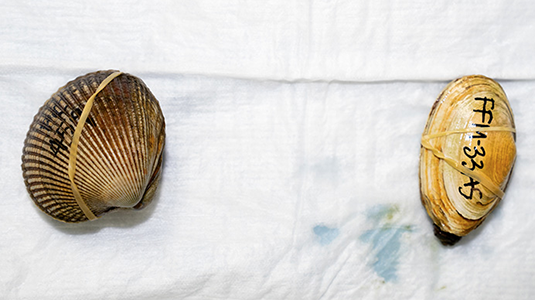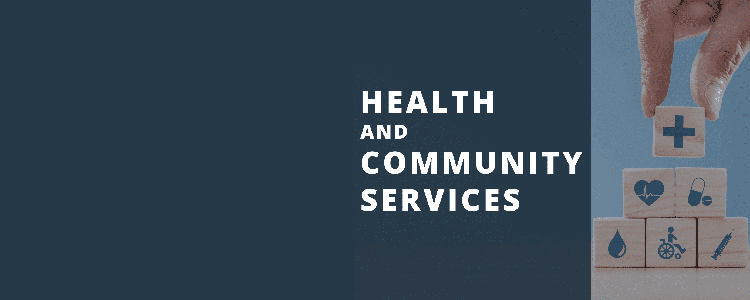“We must always take sides. Neutrality helps the oppressor, never the victim. Silence encourages the tormentor, never the tormented. Sometimes we must interfere.”
-Elie Wiesel in ‘Night.’
||| MIDNIGHT MUTTERINGS by JACKIE BATES |||
I read “Night” by Elie Wiesel decades ago. That was decades after its publication in in 1956, for which, in part Wiesel received the Nobel Peace Prize in 1986.
Here is the rest of the quote: “Sometimes we must interfere. When human lives are endangered, when human dignity is in jeopardy, national borders and sensitivities become irrelevant. Whenever men or women are persecuted because of their race, religion or political views, that place must—at that moment—become the center of the universe.”
I came across the second quote (for which I could add gender, sexual orientation, and age, economic status) this year in July while reading ‘Dear Sister,’ by Michelle Horton, a memoir about domestic violence. I probably would not have chosen this book had I paid attention to its subject. In fact, I did begin to read it only because it was on top of the stack of books to returned to the library after an-off island trip, when I was on the ferry. It was the easiest one to get to.
I like reading memoir, especially when it is as well written as this one, but I am always impressed and a little horrified by what secrets and opinions writers of memoir are likely to reveal to the scrutiny and judgement of the reader. It’s always too easy to blame the victim, it seems, though I’m always suspicious of those who claim, with total assurance, what they would have done in the circumstances of the teller. Memoirists are almost always braver than I would likely be, in their trust of the reader.
In this book, Horton writes of her sister, who is jailed and headed for trial for the murder of her partner, who is the father of their two small children. She shot him with his own gun after he threatened that if she left he would kill her and commit suicide and their children would be alone in the world.
Horton (the older sister) takes the children into her home even though she is the single mother of a child herself after she and her husband (who has addiction issues) divorce. The back story is that her sister’s partner has physically abused her to the extent that friends and co-workers have observed bruises and chronic pain for years. Even more devastating, if there is such a thing, he had videotaped himself raping her and posted the tapes in which she can be identified on the internet and developed an avid following. I don’t consider myself particularly naive, but I was unaware this was a ‘thing’ on the internet.
In any case, the sister was immediately jailed and remained so through the many months awaiting trial. Eventually, she was convicted of murder and to many years in prison. Never mind the circumstances under which the murder took place and the evidence, including the videos. You would have to read the book ‘Dear Sister’ by Horton to understand how many aspects of the judicial system were corrupted in order for the conviction to occur. This case occurred in upstate New York and every state has different rules for trials. What all the states seem to agree on is that justice is not equally served, depending on financial and power circumstances of defendants.
In Wiesel’s book ‘Night’ there was a quote I could not find online. I only remember the idea of it, which I will try to describe here. Somehow, it has stuck with me all of those years after my reading. The idea was something like this: We do not suddenly decide to overlook gross injustice. What we do instead is learn to tolerate tiny increments of injustice, bit by bit until we become immune to the outrage and learn to live with it. After a while, we barely recognize it and become helpless to object to gross injustice when it does not directly affect us. There are numerous psychological studies in which subjects learn to accept and even participate in atrocities against victims (also in the experiments). The motivations are numerous: wanting to please the experimenters, giving in to authority, numbing of reactions with repetition, and other responses. In real life we can walk by the homeless, the addicts, children being mistreated, animals tortured, people with dementia being shouted at without our outrage or a way to be helpful.
Some years ago my neighbor right here on Orcas Island fell. I was the one who heard her cries and called 911. When the paramedics arrived, there was one who kept repeating the questioning of ‘what had happened’ getting louder with each repetition. Finally, my neighbor quietly said, ‘Please, I can hear perfectly. I just can’t remember.’ Which was the perfect response. I had been no help at all, though I was upset by the paramedic’s browbeating of my neighbor, and could even see what had happened to cause the fall. My neighbor was on her deck, lying near a table and bench, with sneakers under the bench. It was obvious that she had been sitting on the bench trying to put her shoes on, had toppled over and couldn’t get up. Still, I was unable to interfere with the ‘expert’ who was trained to help, who wanted to help, but was doing a piss poor job of it. (I hadn’t tried to help my neighbor get up as she was much larger than I am and was complaining that her back hurt.) I’m still not sure how I lost my authority to protect her and try to fix the situation. What escalation of this mild abuse would have had to occur before I and the other paramedics felt I or they had the right to interfere? And no, I don’t know the name of the paramedic, and have witnessed several other paramedics at work, doing impressively excellent, kind work. A bit of irony: My neighbor’s partner was at a caregivers’ training session when my neighbor fell.
When I was growing up in the South, there was no such thing as child abuse. Parents could beat, neglect, starve, even kill their children and it was none of anyone else’s business. Perhaps a relative could offer to help care for a child with parental permission, but that was the extent of what could be done. And there was a law on the books, possibly still there, that ‘A husband cannot hit his wife with a stick that is longer than his arm or bigger around than his thumb.’ Nope, not an ‘old wives tale’. Of course, a white person of any age or rank or lack thereof could generally abuse a black person with impunity.
Elie Wiesel was born in Romania in 1932. At age 15, he and his family were sent to Auschwitz-Birkenau in Poland where his mother and younger sister were murdered in the gas chamber the day they arrived. His father died after a beating just a few months before the camp was liberated. Only Elie and his two older sisters survived and were reunited after they were freed. Wiesel received the Nobel Prize for Peace in 1986 for this writings, teaching and activism. He died in 2016 at the age of 87.
Given our time of political and social fracture, just before an election, is this the time for us to speak up, to interfere? If so, in what form? Can/should we remain ‘neutral’ when we sense such danger, when we can see a possible future of repression and expansion of inequality? Of chaos? If it is time to ‘interfere,’ then how and when and where? Whom do we need to protect? From whom? Who needs, even wants our protection? And how?
**If you are reading theOrcasonian for free, thank your fellow islanders. If you would like to support theOrcasonian CLICK HERE to set your modestly-priced, voluntary subscription. Otherwise, no worries; we’re happy to share with you.**








